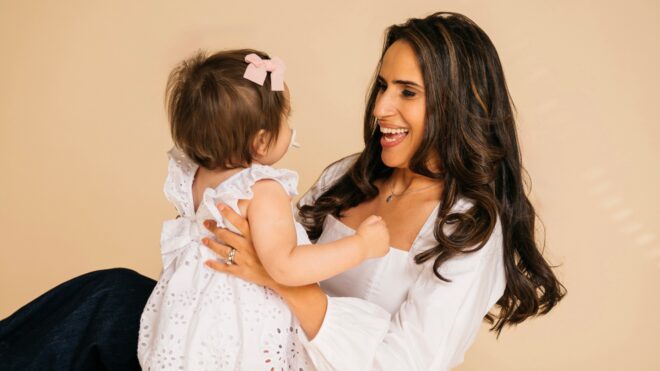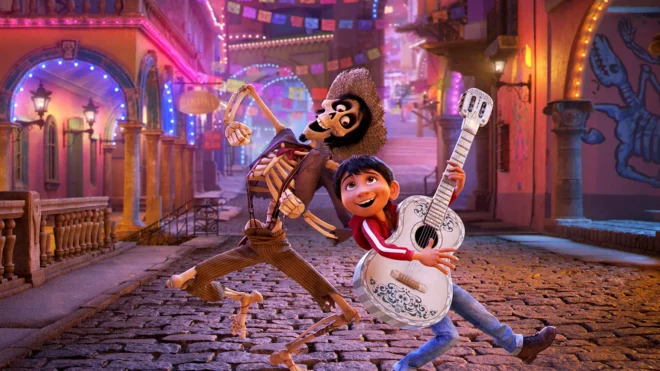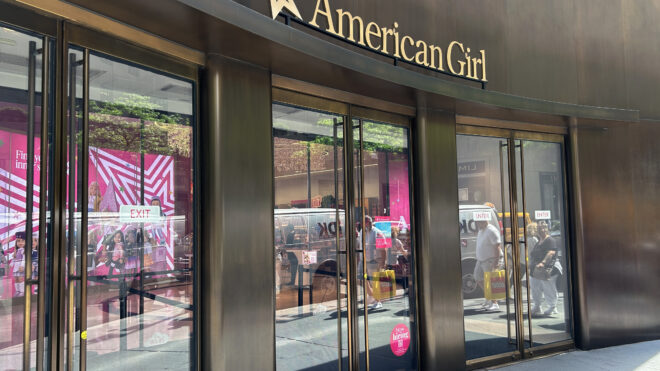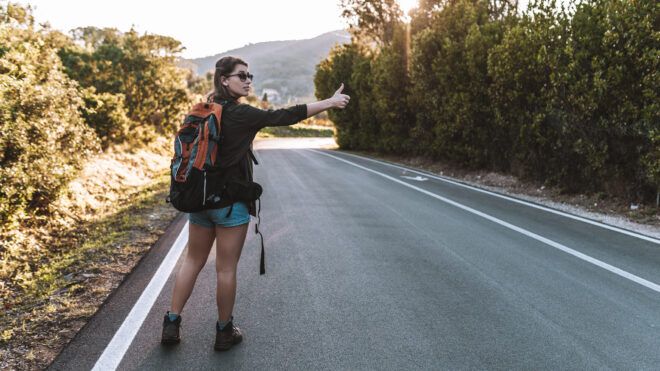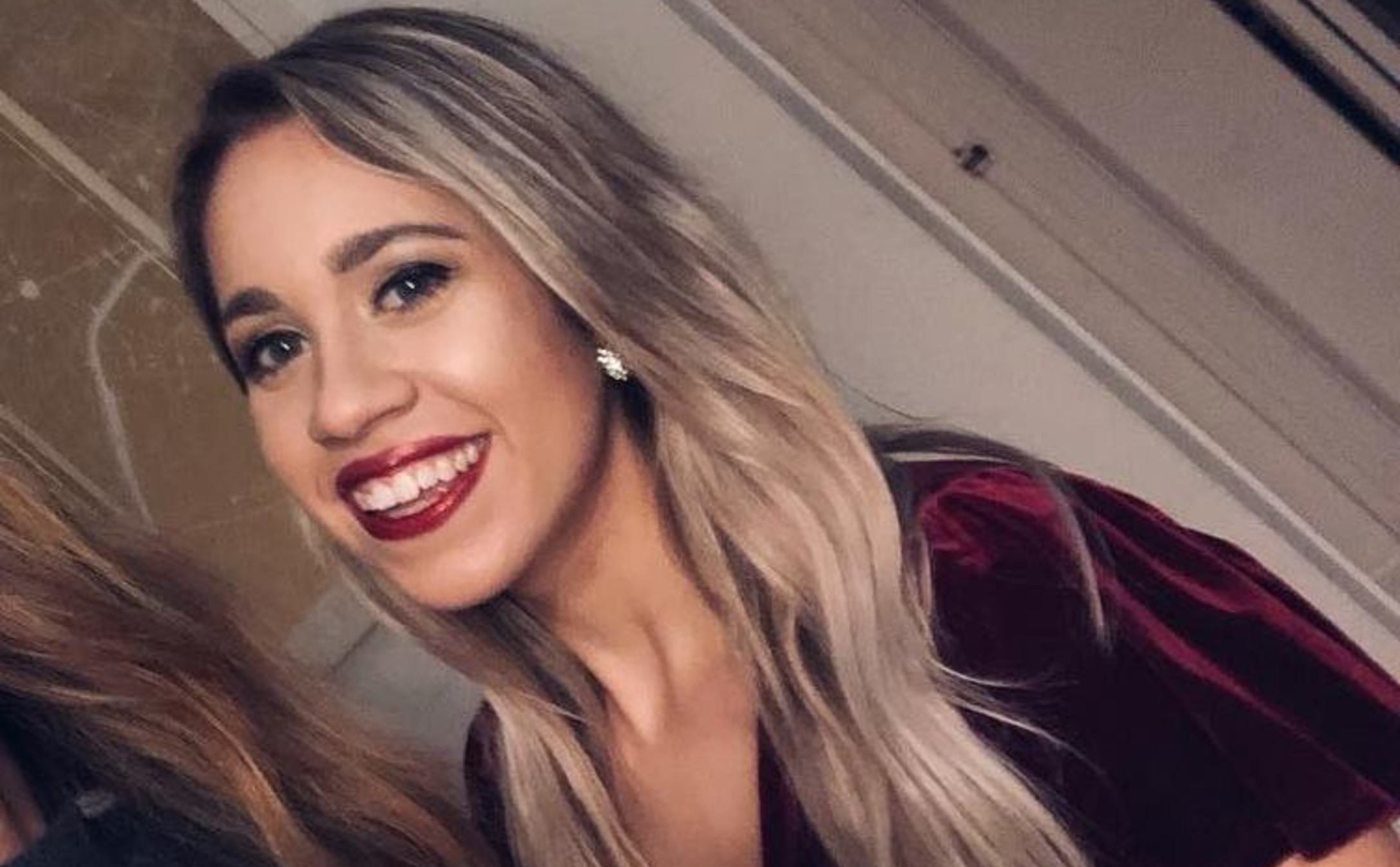
“We’re going to have salsa at our wedding,” I tell my fiancé before our meeting with our DJ. He is a person who doesn’t feel comfortable dancing in front of strangers, let alone swinging his hips and doing the front, back, front, back steps for all to watch, so I feel like I have to warn him what’s to come. He gives me a look and rolls his eyes, even though he knows with a future wife who is Puerto Rican, his fate is sealed. Watching older family members and my own parents dance salsa was common at family parties growing up, and I wanted to continue that tradition. Partly because it’s fun, but partly because as a white Latina, deep down I feel like I have to “show” people who I am.
“Showing” my culture is something I’ve felt the need to do my whole life.
Despite the fact that Latinas are made up of different races, ethnicities, and backgrounds, white supremacy in America has made it so darker skin is synonymous with Hispanic culture. It’s a generalization that has kept darker-skinned people easily identifiable, allowing for race-based discrimation that the color of my fair skin allowed me to avoid. It also made me feel like my whiteness made me less Puerto Rican.
Growing up, all I wanted was for people to know my ethnicity by my race; I desperately wanted to “look” Puerto Rican.
There was just one issue: There is no one way to “look” like someone from a place that is unbelievably, and beautifully, ethnically and culturally diverse. So really, I just wanted to look the way that most people assumed what Puerto Ricans should look like: brown.
Perhaps my privilege blinded me from the discrimation that comes with having dark skin that my light skin allowed me to avoid. But wanting to look brown — and be “closer” to my culture through a stereotype of appearance — seemed like the easiest way for me to fight back against a society that forces me to perform my Latina-ness instead of knowing I was enough just by living it.
This is why I was very clear with my DJ about playing Spanish music at my wedding.
It’s why I love announcing my full name, including my last name, Velez. It’s why I want to keep my last name, period. A joke I would make when meeting new people and sharing my name sums it up perfectly. “It’s the only proof I have that I'm Puerto Rican,” I’d say.
But although I thought I was trying to connect to my culture, I was just falling into a trap and reinforcing stereotypes that white supremacy pushes. It wants to put Latinos in boxes to separate those of us who are white from our culture to make us more palatable and acceptable in a mostly white world, to otherize brown and Black Latinos and to enable colorism within the community itself. And as I prepare to become a wife, and hopefully later, a mother, I’m thinking more about ways to reject it all.
That means starting with myself first.
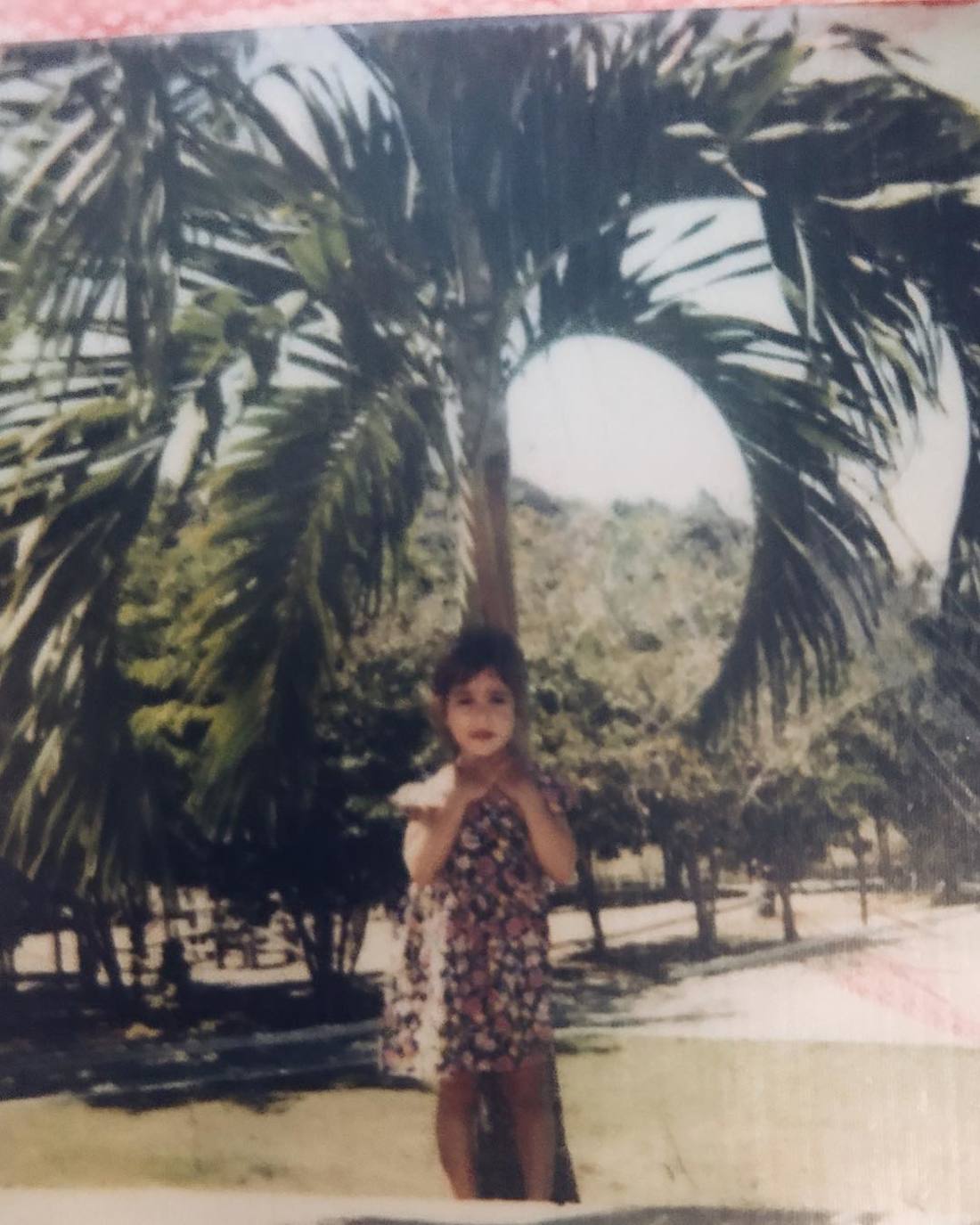
I’ve grown a lot over time, especially over the last few years, and am working to accept that my skin color doesn’t determine who I am or take away my experiences with the customs or foods from my culture. I’ve learned that who I am and how the world perceives me aren’t mutually exclusive.
I can be Latina, but when it comes to speaking about race in the Latina community, make it my job to make space for Black and brown Latinos to share their experiences and allow them to get access to things reserved for white people first. And doing that doesn’t make me any less Latina. In reality, it’s a way to fight back and say to society "You can’t strip define our culture from us, and where we come from, based on how we look."
I want to pass these practices down to my kids.
Although it may seem I’m pretty preoccupied with playing "Vivir Mi Vida" at my wedding, the kid thing is something I think about the most. I think about the ways I will teach them about colorism, how their skin will give them privilege despite coming from a group of people, ethnically, who are discriminated against in America.
But I’ll also make sure to play Latin music for them, fill their plates with Puerto Rican food at parties, and tell them stories of the island, where their mom (me) would visit as a kid, the place where our family originated. I want them to know that while they will be multicultural, they don’t have to allow white supremacy to make them feel like they aren’t connected to their culture, or to be part of othering others who are Black or brown.
It’s a work in progress — we’re talking decades of a generalized way of thinking here — but going into this next phase of my life has opened up more ways to express my culture for myself and no one else.
I can still share my culture during events like my wedding, by teaching my future husband to dance salsa, by keeping my last name, and by feeding my future children tons of pastelitos, but not because I have something to prove but because it’s just who I am.
